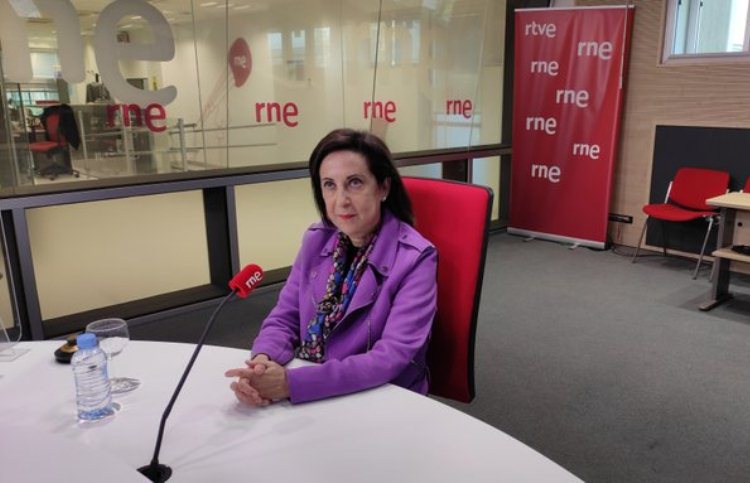The Diplomat
Negotiators from the European Parliament and the Council of the EU reached a tentative agreement yesterday on the creation of an EU COVID digital certificate to facilitate free movement during the pandemic.
“White smoke: we have an agreement on the Commission’s proposal for a digital COVID certificate”. European Justice Commissioner Didier Reynders said via Twitter. “I welcome the provisional agreement reached today by the European Parliament and the Council. We have achieved this new tool in record time to safeguard freedom of movement for all citizens”. he added. The text will be put to a vote in the Freedoms Committee on May 26 and will then go to the plenary, which will have to confirm it at the June 7-10 session. The Council will also have to endorse the agreement.
According to the Parliament, the certificate will be available in digital and paper format and will serve to prove whether a person has been vaccinated against the coronavirus, has a negative test or has overcome the disease. The passport is expected to enter into force on July 1, will be valid for 12 months and should not be considered a travel document or a requirement for freedom of movement.
In addition, the Council has not acceded to the European Parliament’s request that the PCRs required in the certificate should be free of charge. To compensate for this decision, the agreement states that the European Commission will make available to Member States “at least 100 million euros” to help make these tests “affordable and accessible”, especially for people who cross borders daily or frequently to work or study, visit relatives, seek medical care, or care for family members. This amount will come from the Emergency Support Instrument for the purchase of SARS-CoV-2 tests and negotiators agreed that, if necessary, further funds over and above the $100 million could be mobilized, subject to the approval of the budgetary authorities.
The agreement also states that Member States may not impose additional restrictions in response to the COVID-19 pandemic, such as quarantines, self-isolation or testing, “unless necessary and proportionate to safeguard public health”. In doing so, account should be taken of available scientific evidence, “including epidemiological data published by the European Centre for Disease Control and Prevention (ECDC)”. These measures must be notified to the other Member States and the European Commission 48 hours in advance at the latest.
On the other hand, Member States will have to accept vaccination certificates issued in other EU countries for persons inoculated with a vaccine authorized by the European Medicines Agency (EMA) -to date, Pfizer-BioNTech, Moderna, AstraZeneca and Janssen. It will be up to each country to decide whether they will also accept vaccination certificates from other Member States in application of the WHO emergency list.
The certificates will be verified, as will their electronic seals, to prevent fraud and forgery. Personal data obtained for the issuance of the certificate cannot be stored in the country of destination and there will be no centralized database in the EU. The list of bodies that will process and receive the data will be public, so that citizens can exercise their right to data protection under the General Data Protection Regulation.







